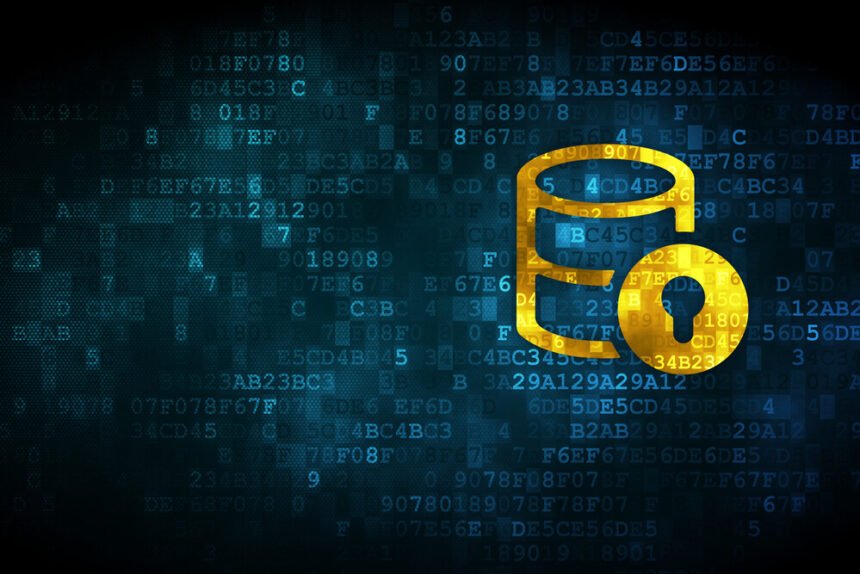For many organizations, big data is a treasure trove of valuable insights. For other stakeholders, it is a privacy nightmare.
A growing number of customers fear their secrets, no matter how benign, could be leaked to the world. This became a particular concern after the Yahoo! security breaches that took place in 2013. Yahoo! recently admitted that over three billion accounts were affected.
A growing number of customers are turning to using VPNs to keep their privacy safe in the era of big data. A Pew poll from March showed that 74% of people want control over their information, because they are less trusting of most institutions.
Some feel that VPNs provide better protection against data security risks. But what does the research actually show?
VPNs Are a Privacy Tool in the Era of Big Data
We live in a very strange era, privacy-wise. On the one hand, we’ve never been more aware of the threats to our privacy. Edward Snowden showed Americans just how vulnerable they were to the omnipresent gaze of the US government. Cambridge Analytica has recently reminded us that simply by getting access to what we share with Facebook, our private data can be manipulated for profit, both economic and political.
On the other hand, most of us aren’t all that bothered about it. If you watched John Oliver’s excellent interview with Edward Snowden a couple of years ago, you’ll know that most Americans had forgotten exactly who he was. The information he almost gave up his freedom to share seemingly hadn’t changed the behavior of the average citizen.
And in reality, those who are urging us to shut up shop and never let any of our data slip are quixotic at best. The mass of data that we share with companies, websites, apps, etc. is used not just for convenience or more targeted adverts, but to find ways to make significant changes to humankind.
This is true in terms of sharing health data, traffic data, socioeconomic data, and so much more. Big data promises to be a huge player in human progress in the near future, whether you like it or not.
The key is to find a balance, sharing what is helpful and not what is likely to compromise you. This is easier said than done, but a virtual private network (VPN) goes a long way towards helping you do that.
Using a VPN
If you’re not exactly certain about what a VPN does, here’s a quick refresher. A VPN routes your connection through an external server, thereby hiding your location. Furthermore, it encrypts your data so that hackers or government surveillance are unable to use it even if they get access to it.
This may seem to be an obstacle in the path of your online activity being used in big data collection. However, using a VPN does not necessarily mean blocking any of your information from getting out. It simply stops that from being the status quo.
In other words, you can give apps the permissions they need to use the data you feed them simply by using them. As long as you’ve got your VPN on, they won’t be able to detect your location based on your IP address. But if you give them permission to use satellite geolocation, that won’t be a problem.
This is useful even for the small conveniences. If you want your photos to save the information of where they were taken, you can do that, without giving up the information of where you are when you’re using the internet in general.
Using a VPN is crucial for giving you the control, so make sure to find out how to compare VPNs so that you can start using one immediately.
The key is that you should have control over what you share and with whom you share it. A VPN gives you that control, without compromising on the conveniences and progress that comes along with today’s mass of information sharing.









